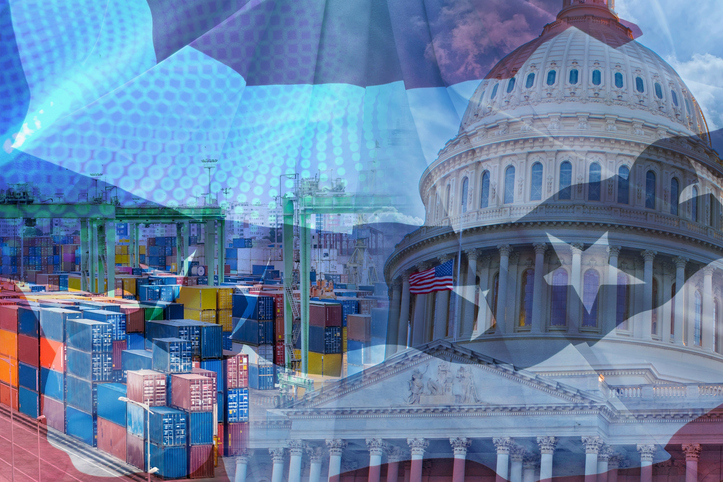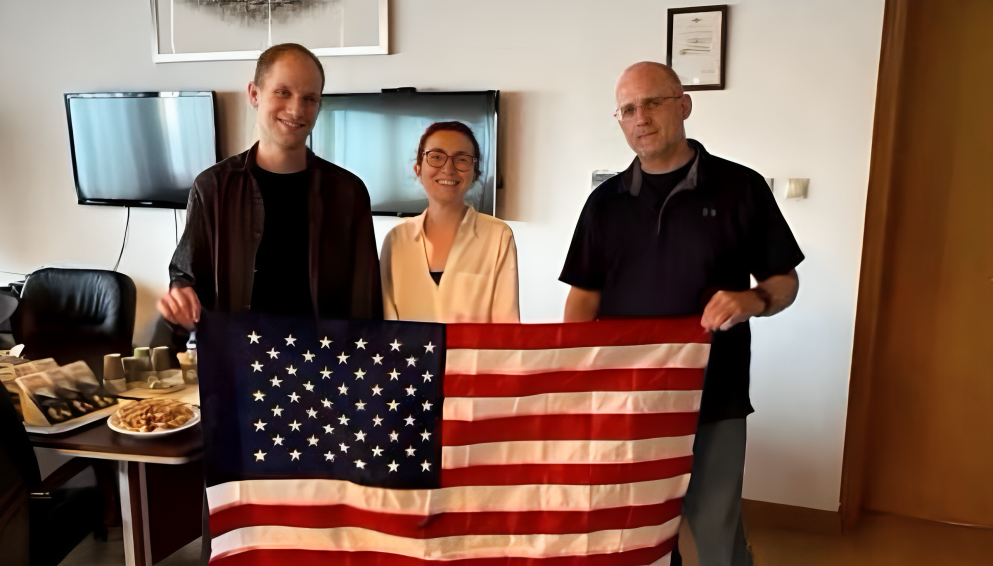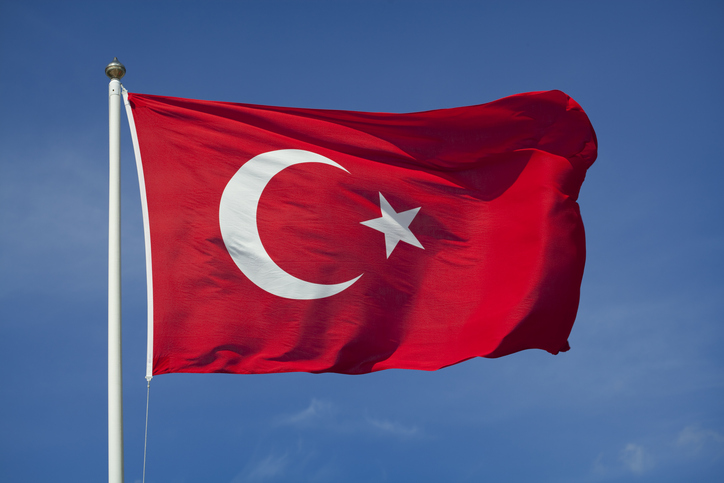On August 1, the U.S. imposed a 25% tariff on Indian goods, triggering major disruption in bilateral trade. The measure, announced by President Trump, targets India’s large exports in garments, pharma, jewelry, and petrochemicals — valued at roughly $87 billion in 2024. Simultaneously, tariffs of 15% on South Korean imports (notably autos) and 50% on Brazilian goods took effect, marking a dramatic escalation in protectionist U.S. policy.
These unilateral actions come despite ongoing negotiations. The U.S. Commerce Secretary confirmed no further extensions beyond the August 1 tariff deadline, signaling a firm trade enforcement stance. The International Monetary Fund has raised alarms, warning that aggressive tariff policy is stoking global economic uncertainty and will likely strain international markets.
U.S. Pushes for Ceasefire in Ukraine
In Washington’s latest diplomatic initiative, senior U.S. diplomat John Kelley told the UN Security Council that a peace deal in Ukraine is needed by August 8, with explicit warnings that further measures may follow if no agreement materializes. This represents a bold new deadline-driven diplomatic effort amidst one of the longest-running conflicts in Europe.
🇹🇼 Congressional Delegation to Taiwan Gains Spotlight
Amid rising U.S.-China tensions, Senator Roger Wicker, chair of the Senate Armed Services Committee, is set to lead a U.S. congressional delegation to Taiwan in August. Although unconfirmed by official sources, media reports cite the move as likely to have profound geopolitical symbolism and diplomatic implications.
Broader Context: Trade Disruptions and Economic Anxiety
As the new tariffs took hold, the IMF warned that global growth expectations are weakening amid unresolved trade friction and policy uncertainty, particularly affecting agriculture, manufacturing, and export economies. Meanwhile, U.S.–China trade talks in Stockholm are weighing an extension of the tariff truce currently set to expire on August 12, but no final agreement has been sealed yet.
What It Means for August
| Issue | Implications |
|---|---|
| U.S. tariffs | Broad impact—India, South Korea, Brazil face steep duties, trade frictions |
| IMF warning | Trade uncertainty posing headwinds for global markets |
| Ukraine diplomacy | Washington sets a firm peace deadline—August 8—for ceasefire negotiations |
| Taiwan visit | Symbolic U.S. congressional trip could escalate regional tensions |
| U.S.–China talks | Extension talks underway, but uncertainty remains ahead of the August 12 renewal |
Takeaways
The new tariffs mark one of the most significant trade policy shifts since 2024, with ripple effects across supply chains and emerging markets.
U.S. diplomacy is in overdrive, coupling economic aggression with pressure-driven peace efforts in conflict zones.
August is a pivotal month—economic risks intensify just as diplomatic deadlines and geopolitical flashpoints converge.




